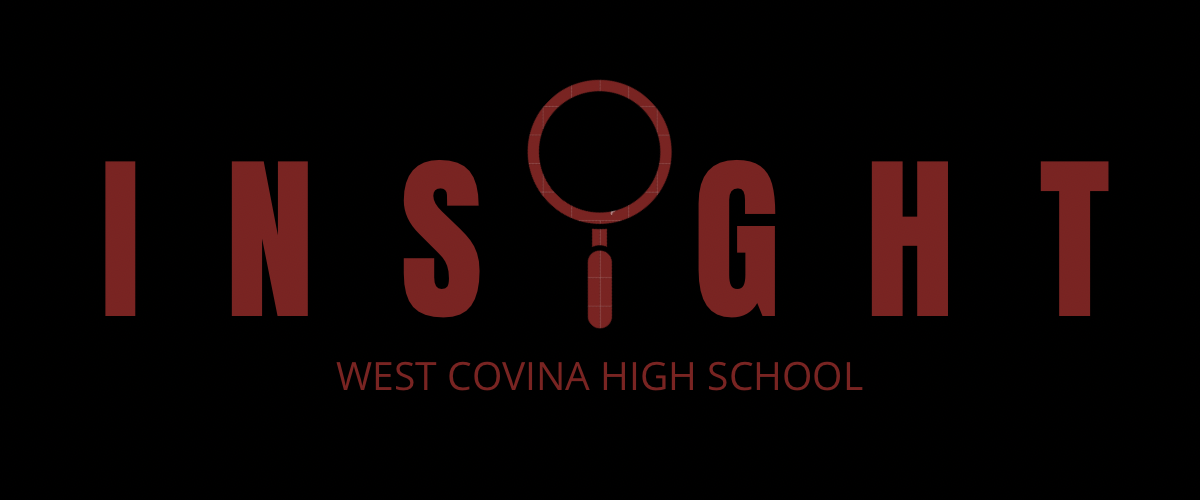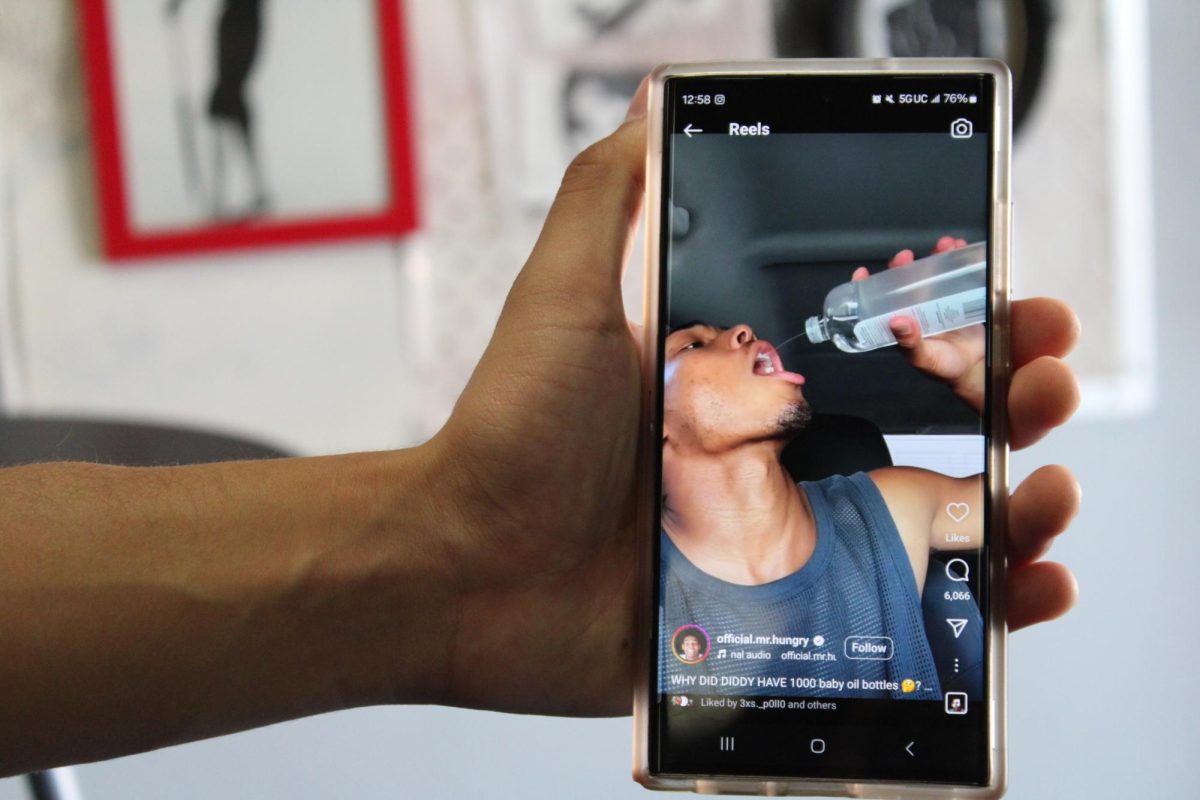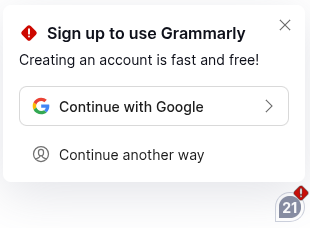Content warning: This article references the ongoing investigation of Sean “Diddy” Combs which contains subject matter such as sexual abuse, drug use, and other topics that may be sensitive to certain readers.
Sean Combs, mostly known by the public as “P-Diddy,” grew to fame in the ‘90s for his career as a rapper and Chief Executive Officer (CEO) of record label Bad Boy Records. Hollywood Entertainment print and digital publication The Hollywood Reporter disclosed that Diddy currently faces 132 cases accusing him of racketeering and sex trafficking. Although stories of the scandal circulated with no filter to censor the brutality of his actions, the internet has carried on with turning serious allegations and evidence into dark humor. Over time, the seemingly harmless nature of these jokes affects how people view important issues, which ultimately leads to the desensitization of sensitive topics.
Dark humor refers to a form of comedy that takes taboo or painful subjects and turns them into something humorous. It is often seen as a coping mechanism for victims of traumatic events, as it allows them to remove the negative feelings associated with their situation and replace it with positive emotions.
Senior Nam Pham explained that he first saw dark humor used as a coping mechanism in elementary school when students laughed at a video discussing the events of 9/11.
“…It’s like a coping mechanism where you try to hide from the harsh reality- like it makes us uncomfortable. So often we resort to laughing because it cancels out us being uncomfortable with reality,” said Pham.
The issue with dark humor as it is commonly seen online is the fact that the majority of these jokes are made by people with no relation to the event as is observed with the thousands of posts made to social media platforms following the announcement of Diddy’s arrest.
The discovery of over 1,000 bottles of baby oil found in Diddy’s homes in Los Angeles and Miami home raids conducted on Mar. 25 are examples of a specific detail the Internet honed in on as comedic.
As such, videos have begun circulating, ranging from people comically pointing out the large number of bottles to others pouring baby oil on themselves and making dramatic expressions as a way to downplay the severity of the situation. Posts of this nature tend to do well as they gain traction through the effective use of shock value as discussed in the media review publication The Oxford Student Film Journal in their article “Sorry to Disturb You: an analysis of shock value in film.”
R&B artist and Diddy’s former partner Cassandra Ventura, known as Cassie, was the first of Diddy’s victims to sue for physical, sexual and emotional abuse, which triggered the onslaught of allegations that followed. Her abuse claims it was an ongoing occurrence throughout their 11-year relationship and her affiliation with Bad Boy Records. A video surfaced in 2016 on Cable News Network (CNN), a multinational news channel, verifying her accusations as the video showed Diddy violently beating Ventura at the InterContinental hotel in Los Angeles after she attempted to leave him.
Ventura has since settled her case for $30 million and is keeping quiet on the case to avoid further harassment. Although she is seeking privacy, Cassie spoke to the British tabloid Daily Mail about her frustration with the media’s humorous approach to the abuse in their article “Diddy’s ex Cassie Ventura ‘hurt’ at baby oil jokes and is taking a break lawsuit leaves her in tears.
“(Cassie) is hurt that people are making jokes and memes out of the baby oil because of what it could have been used for…It isn’t funny to her or anyone who experienced similar,” according to Emma Powell’s Daily Mail article.
The core of the Diddy jokes is derived from the taboo nature of sex in society and participation in dark humor is seen as harmless since it is a common subject audiences enjoy engaging with. However, what goes unrecognized is how over time it becomes internalized.
The article “Has social media desensitized us,” published by college publication Yale Daily New credited the joy dark humor gives to both the instant gratification social media provides with the “like” feature and positive feedback loop of others making similarly insensitive jokes.
Since social media can be a completely anonymous space with no check on people’s behavior, there is an acceptance that dark humor memes exist in that space. This then extends past the screen into what people perceive to be correct in reality. Due to the fact Generation Z has regular access to the Internet starting from a young age, the effects are now evident in the popularization of such memes.
This media consumption can lead to people consuming extremely graphic media, such as what is described in Diddy’s case, and have either no reaction or an automatic humorous response. Pham discussed how he has heard similar jokes made by students on campus and believes that although it is not done maliciously, they are still a harmful and a deflective practice.
“People start believing in it, people start acting like it… Ironic memes become like poison… it becomes what we believe in,” said Pham.
As the Internet’s dark humor spreads to include various materials from racism to assault, it becomes easier for people to excuse harmful discussion and minimize people’s struggles, such as in Ventura’s case where people felt the need to sensationalize a traumatic moment in her life and labeling it as dark humor.
As Diddy’s case makes its way through the judicial system, new details of his crimes are expected to be released. His case is only one example of how people have used social media to validate the unwarranted use of dark humor and reflects how simply it can seep from people’s screens into their subconscious.








